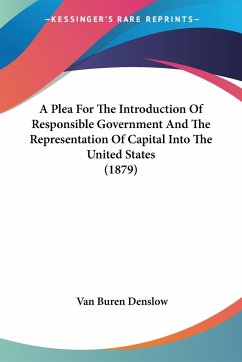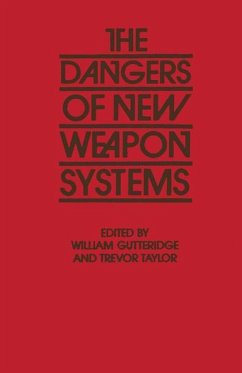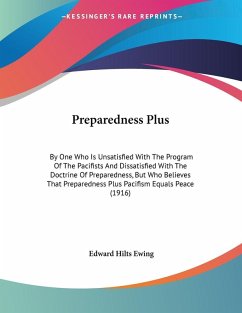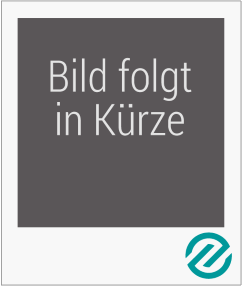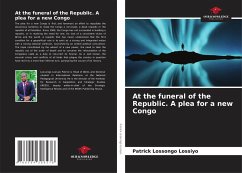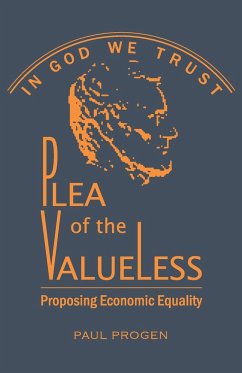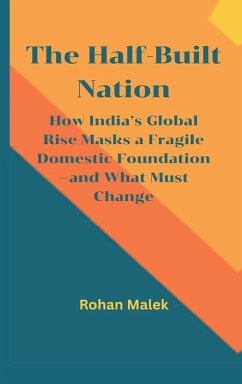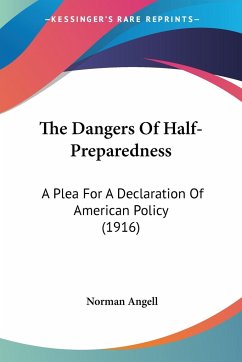
The Dangers Of Half-Preparedness
A Plea For A Declaration Of American Policy (1916)
Versandkostenfrei!
Versandfertig in 1-2 Wochen
23,99 €
inkl. MwSt.

PAYBACK Punkte
12 °P sammeln!
""The Dangers of Half-Preparedness: A Plea for a Declaration of American Policy"" is a book written by Norman Angell in 1916. It is a call to action for the United States to declare its foreign policy in the midst of World War I. The book argues that the United States cannot remain neutral in the war and that it must take a firm stance in order to protect its interests and maintain its status as a world power. Angell warns of the dangers of half-preparedness, where a country is neither fully prepared for war nor fully committed to peace, and argues that this position can lead to disastrous con...
""The Dangers of Half-Preparedness: A Plea for a Declaration of American Policy"" is a book written by Norman Angell in 1916. It is a call to action for the United States to declare its foreign policy in the midst of World War I. The book argues that the United States cannot remain neutral in the war and that it must take a firm stance in order to protect its interests and maintain its status as a world power. Angell warns of the dangers of half-preparedness, where a country is neither fully prepared for war nor fully committed to peace, and argues that this position can lead to disastrous consequences. He advocates for a clear and decisive foreign policy that is based on principles of peace and cooperation among nations. The book is a timely reminder of the importance of having a well-defined foreign policy and the dangers of being caught unprepared in times of crisis.This scarce antiquarian book is a facsimile reprint of the old original and may contain some imperfections such as library marks and notations. Because we believe this work is culturally important, we have made it available as part of our commitment for protecting, preserving, and promoting the world's literature in affordable, high quality, modern editions, that are true to their original work.




